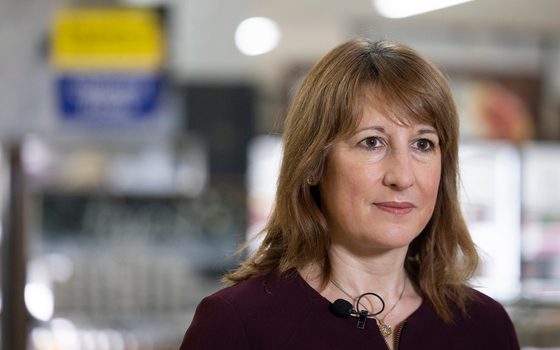The 2.4 million lowest paid employees would see no benefit from an increase in NICs threshold
New analysis from the New Economics Foundation shows raising the national insurance threshold to £12,500 would have zero impact for the lowest paid 9% of employees
20 November 2019
Today’s announcement from the Prime Minister suggests that the threshold for paying employee national insurance could rise to the equivalent of £12,500 by the end of the next parliament, or £240 per week. New analysis today shows that the number of employees who would stand to gain nothing by 2024/25 stands at 2.4 million, equal to around 9% of the total.
All those earning below £166 per week (equivalent to a little over £8,600 per year) currently do not pay employee National Insurance Contributions. However, this threshold is set to increase in line with inflation every year, rising to £182 by the end of the next parliament. Our new analysis estimates the number of employees who would not have paid any employee National Insurance Contribution on their earnings anyway in 2024/25.
Alfie Stirling, Head of Economics at the New Economics Foundation, said:
“Britain’s public services are in a dire state after a decade of austerity. We have started yet another academic year with overcrowded classrooms. We are approaching yet another winter with an underfunded NHS. And we are heading into yet another Christmas with 5000 people sleeping rough on our streets.
Choosing this moment to spend nearly £10 billion on a tax cut that does nothing for the very poorest, and makes reversing austerity for services even harder, reflects the wrong priorities for government.
Contact
Sofie Jenkinson, sofie.jenkinson@neweconomics.org 07981023031
Notes to Editors
The New Economics Foundation is a charitable think tank. We are wholly independent of political parties and committed to being transparent about how we are funded.
The analysis above excludes the self-employed.
In 2019, NEF became a research partner on the IPPR tax and benefit model. The model uses micro data from the 2017/18 Family Resources Survey (FRS) – a dedicated survey for tax and benefit microsimulation modelling commissioned by the Department for Work and Pensions – and combines this with outturn and forecast estimates for key economic aggregates (such as interest rates and average earnings) from the Office for National Statistics and Office for Budget Responsibility, respectively. The model works by simulating new scenarios for the UK labour market, earned and unearned income and tax and social security. The model estimates the impacts of policy change, including a breakdown of fiscal effects (changes to government expenditure and receipts), distributional impacts across family incomes and the implications for various measures of inequality and poverty. The model is capable of accurately estimating interactions and co-dependencies within different elements of tax and means-tested benefits, but it does not attempt to estimate behavioural effects.
Topics Macroeconomics Inequality






